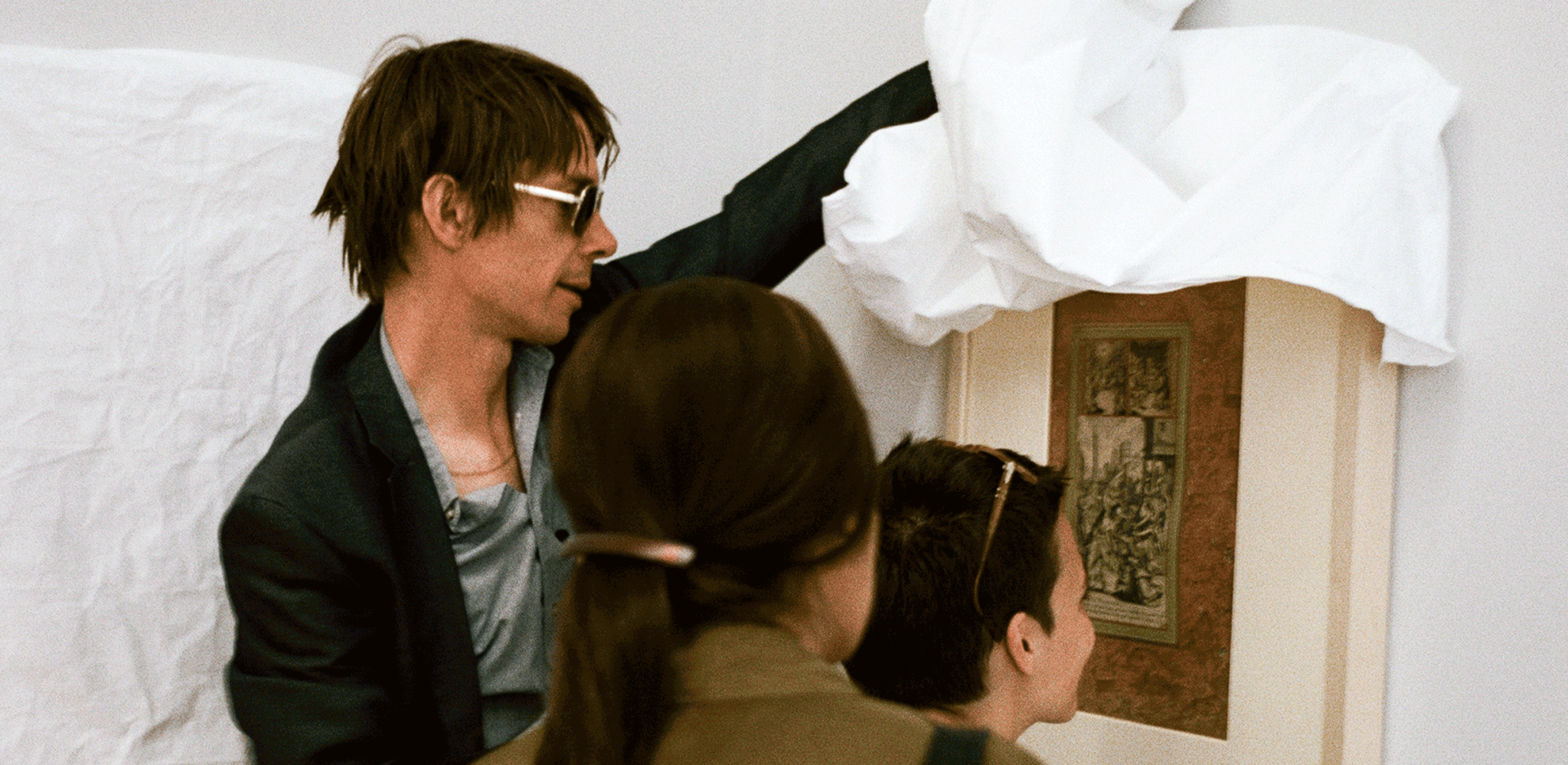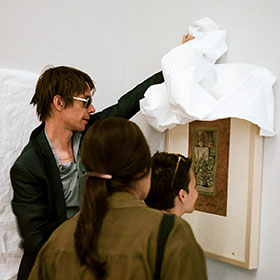That Szymczyk’s staging of Documenta 14 across Athens and Kassel divided opinion might have been expected, given the curator’s promise to challenge preconceptions about what the major exhibition could be. Yet controversy shifted into crisis when it emerged late last year that the organisation had overspent by €7m, leading the Kassel branch of Germany’s far-right AfD party to sue Szymczyk and CEO Annette Kulenkampff for mismanaging public funds (they were cleared in August of any wrongdoing). That the exhibition had been politicised was confirmed in October by the removal of Olu Oguibe’s Monument to Strangers and Refugees (2017) from Kassel’s central square by the local government. Szymczyk might have been guilty of overreach, but his radical decentring of the quinquennial – twinned exhibitions complemented by expansive publishing and public programmes exploring indigeneity, antifascism, resistance, identity and marginality – provoked conversations that feel increasingly pressing. Not to mention that his recent travails reveal the upped stakes in the European culture wars. His next move is attended with interest.
Advertisement
Power 100
Most influential people in 2018 in the contemporary artworld
- 201858
- 20174
- 20162
- 201516
- 201421
- 201252
- 201149
- 200792

Related articles
Advertisement
Advertisement
